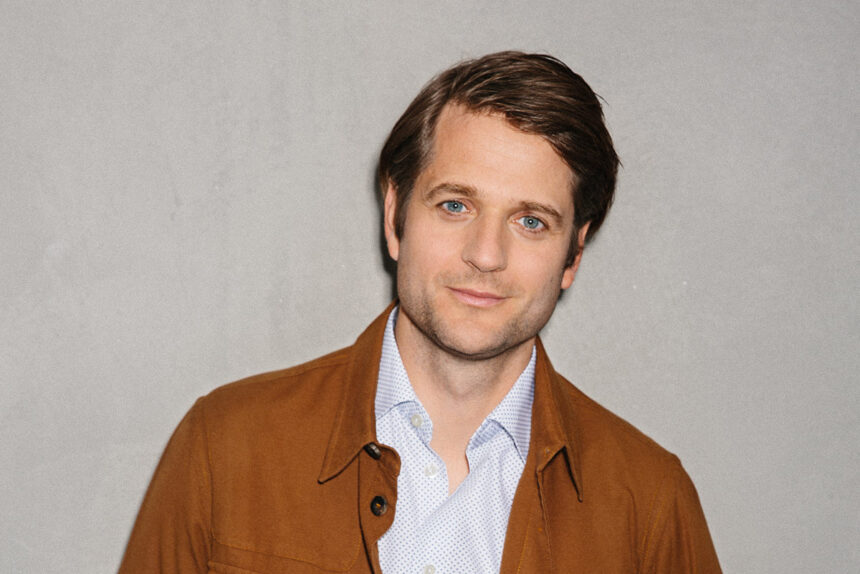Klarna made a significant move in the financial technology sector by successfully launching its initial public offering (IPO) on the New York Stock Exchange, marking a significant milestone in the company’s 20-year journey. The company raised $1.4 billion, primarily benefiting its existing investors rather than itself.
The fintech giant priced its shares at $40, surpassing the earlier anticipated range of $35 to $37, which established a valuation of approximately $15 billion. Shares debuted strongly, opening at $52, before stabilizing around $46 by midday.
Out of the 34.3 million shares sold in the IPO, only 5 million were issued by Klarna itself. The majority of shares were offloaded by prominent investors, including Sequoia Capital, which holds a substantial stake in the company. Other major entities involved were controlled by Dutch billionaire Anders Holch Povlsen, along with investment firms BlackRock and Silver Lake, all of which retained the majority of their holdings despite selling some shares.
This strategy mirrors the approach taken by other companies like Figma, where existing investors play a role in bolstering IPO demand by providing additional shares without reducing their overall stake significantly. This approach can enhance the company’s valuation and attract institutional investors seeking a larger allocation.
Co-founder and CEO Sebastian Siemiatkowski opted not to sell any of his shares during the offering, maintaining a 7.5% stake worth about $1.02 billion at the IPO price. Victor Jacobsson, another co-founder who exited in 2012, sold 1.1 million shares, yet still retains over 8% of the company’s equity. Co-founder Niklas Adalberth also holds just under 3 million shares.
Sequoia Capital remains the largest shareholder, controlling nearly 23% of Klarna. Michael Moritz, who played a vital role in Klarna’s initial funding, continued to support the company as its chairperson even after leaving Sequoia earlier this year. The dynamics shifted when Sequoia added another member to Klarna’s board, ultimately resulting in Andrew Reed joining in 2024 after some initial tensions.
In reflecting on this significant moment, Siemiatkowski expressed his amazement at the journey Klarna has taken since its inception in 2005. He described the initial efforts as “a wild idea” pursued by him, Niklas, and Victor, despite facing numerous rejections and skepticism along the way. The CEO emphasized that going public in New York is not just a corporate achievement; it’s a testament to the perseverance of the founders, illustrating that “a bunch of stubborn dreamers from Stockholm can take on the world — and win.”
Notably, while Klarna’s IPO raised a remarkable $1.4 billion, it did not break the record for the largest IPO of 2025. That title is still held by CoreWeave, which secured $1.5 billion in funding earlier in June.





